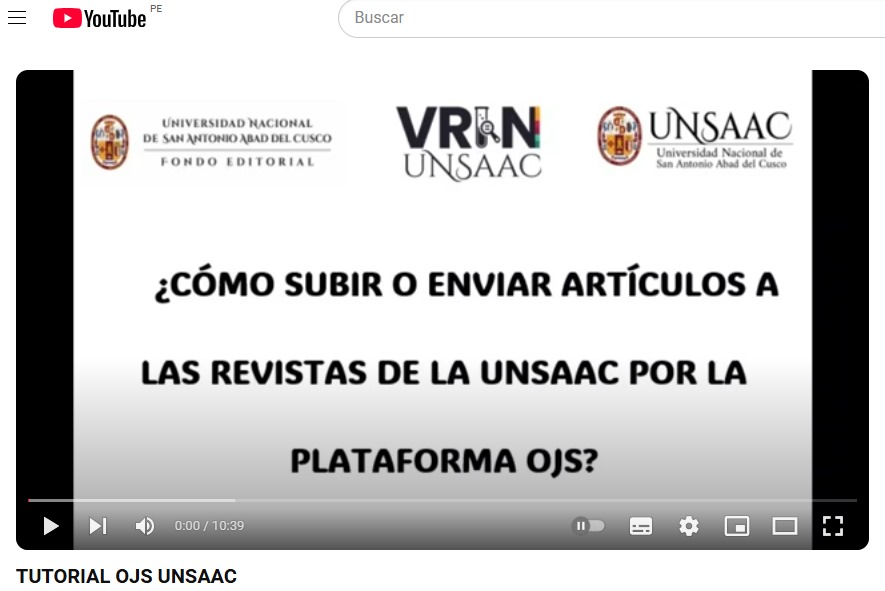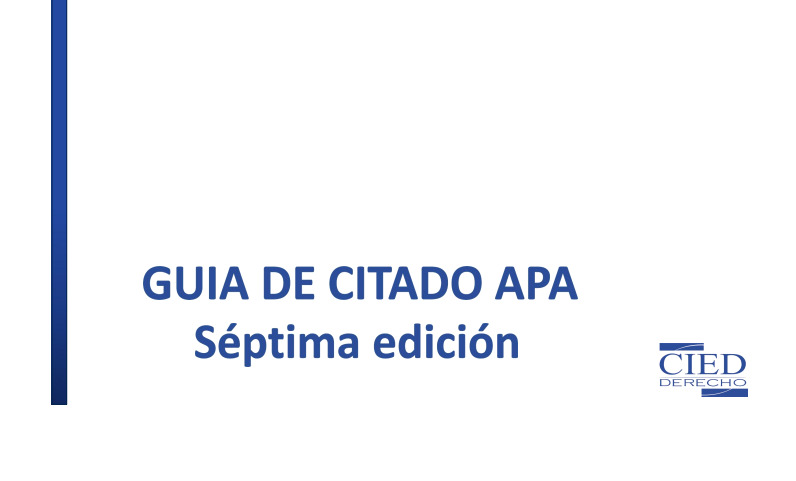El Derecho al Plazo Razonable en la Imprescriptibilidad de Delitos de Corrupción
The Right to a Reasonable Term in the Imprescriptibility of Crimes of Corruption
DOI:
https://doi.org/10.51343/yq.vi9.716Palabras clave:
Plazo Razonable, Imprescriptibilidad, Delitos de Corrupción, Derecho Fundamental, Reasonable Term, Imprescriptibility, Crimes of Corruption, Fundamental RightResumen
El legislativo, en aras de luchar contra los actos de corrupción realizados por funcionarios, servidores y el particular o corruptor, que afectan gravemente al Estado, ha optado por la reforma del artículo 41 de la Constitución Política del Estado -Ley N° 30650- que en un extremo prescribe que la acción penal es imprescriptible en los supuestos más graves; ello en la creencia, que tal medida, sería útil para combatir la corrupción y a la vez lograr que, las mismas no queden impunes. Sin embargo, esto no es así, puesto que la imprescriptibilidad de delitos de corrupción lejos de solucionar la corrupción y su impunidad, terminará afectando el derecho fundamental del plazo razonable de las partes -agraviado e imputado-, dado que, las investigaciones y procesos penales no tendrán cuando finalizar, por lo que, tal medida es innecesaria, debido a que carece de contribución técnico-jurídico para resolver la corrupción.
Descargas
Citas
Acuerdo Plenario N° 01-2010/CJ-116, F.J. 9, 10 y 11. (s.f.). Corte Suprema de la Republica, VI Pleno Jurisdiccional de las Salas Penales Permanente Transitorias. Asunto: Prescripción: Problemas Actuales. y
Acuerdo Plenario Nº 03-2012/CJ-116, F.J. 10 y 11. (s.f.). Corte Suprema de la Republica, I Pleno Jurisdiccional Extraordinario Penal. Asunto: Sobre la necesidad de revaluar la Suspensión de la Prescripción dispuetsa en el Art. 339.1 del Código Procesal Penal.
Acuerdo Plenario N° 09-2007/CJ-116, FJ. 06 y 10. (s.f.). Recuperado el 27 de octubre de 2018, de http://www.derecho.usmp.edu.pe/cedp/jurispru dencia/Acuerdo%20Plenario%20N9_2007.pdf
Corte Interamericana de Derechos Huamanos, Caso Genie Lacayo vs. Nicaragua F.J. 77. (29 de enero de 1997). Recuperado el 2018, julio http://www.corteidh.or.cr/docs/casos/articulos/12 de seriec_30_esp.pdf
Corte Suprema de Justicia, Casación Nº 66-2010. (s.f.). Recuperado el 10 de agosto de 2018, de Casaciones y Acuerdos Plenarios, Ministerio de Justicia y Derechos Huamanos:http://sistemas3.minjus.gob.pe/sites/default/files/documentos/portada/CASACIONES-Y-ACUERDOS-PLENARIOS.pdf
Diario Oficial El Peruano (20 de agosto de 2017). Recuperado el octubre de 14 de 2018, de http://www.leyes.congreso.gob.pe/Documentos/2 016_2021/ADLP/Normas_Legales/30650-LEY.pdf
El Comercio. (Abril de 22 de 2018). Recuperado el 11 de octubre de 2018, de https://elcomercio.pe/politica/corrupcion-principal-problema-peru-noticia-513999
FIDH - La corrupción socava la democracia y el acceso a los derechos fundamentales. (Abril de 2018). Recuperado el 07 de Octubre de 2018, de https://www.fidh.org/IMG/pdf/luttecorruption712 web-1 final.pdfhttps://quexignificado.com/imprescriptible/ (s.f.). Recuperado el 30 de agosto de 2018
La imprescriptibilidad de los delitos de corrupción de funcionarios. ¿Medida necesaria para evitar la impunidad?, 2012. (s.f.).
Legis pe. (21 de agosto de 2017). Recuperado el 29 de septiembre de 2018, de https://legis.pe/opiniones-ley-imprescriptibilidad delitos-corrupcion/
Loza Avalos, G. (2017).Recuperado el 10 de agosto de 2018, de http://www.detrasdelacortina.com.pe/images/dow nload/Imprescriptibilidad Delitos Corrupcion.pdf
Loza Avalos, G. (28 de junio de 2017). Editores Perú. Recuperado el 10 de 16 de 2018, de https://pe.ijeditores.com/pop.php?option articulo &Hash 4204eff66fb5c080638878856e5b962
Melgarejo Barreto, P. (2011). Curso de Derecho Procesa Penal. Lima: Jurista Editores,
Morante Guerrero, L. E. (septiembre de 2017). La imprescriptibilidad de la acción penal en caso de delito contra la administración publica o que afecte el patrimonio del Estado. Actualidad Gubernamental, x-1.
Muñoz Conde, F. (1999). Teoria General del Delito (Segunda Edición ed.). Santa Fe de Bogota, Colombia: Editorial Temis.
Neyra Flores, J. A. (2010). Manual del Nuevo Proceso Penal & de Litigación Oral. Lima: Idemsa.
Pariona Arana, R. (2012). (Y. M. Vivanco, Ed.). Estudios criticos sobre los delitos de corrupción de funcionarios en Perú, 17-30.
Pereira, C. R. (27 de octubre de 2016). El Comercio. Recuperado el 11 de septiembre de 2018, de El juicio sin final: https://elcomercio.pe/opinion/colaboradores/juici o-final-roberto-pereira-275035
Pestana Uribe, E. (2009), La Configuración Constitucional de los Derechos No Enumerados en la Clausula Abierta del Sistema de Derechos y Libertades. Gaceta Juridica, Guia 3.
Prado Saldarriaga, V. (1996). Todo Sobre el Código Penal (Vol. Tomo I). Lima, Perú: Editorial Idemsa.
Proyecto de Ley, Reforma del Art. 41 de la Cosntitución Política del Estado. (21 de octubre de 2016). Lima, Perú.
Tribunal Constitucional, STC Exp. N. 010-2002-A/TCFJ. 166 (s.f.).Recuperado el 20 de agosto de 2018, de Caso Marcelino Tinco Silva y más de 5,000 ciudadanos: http://www.tc.gob.pe/jurisprudencia/2003/00010-2002-ALhtmlTaches
Publicado
Cómo citar
Número
Sección
Licencia
Eres libre de:
- Compartir — copiar y redistribuir el material en cualquier medio o formato para cualquier propósito, incluso comercialmente.
- Adaptar — remezclar, transformar y construir a partir del material para cualquier propósito, incluso comercialmente.











.jpg)



